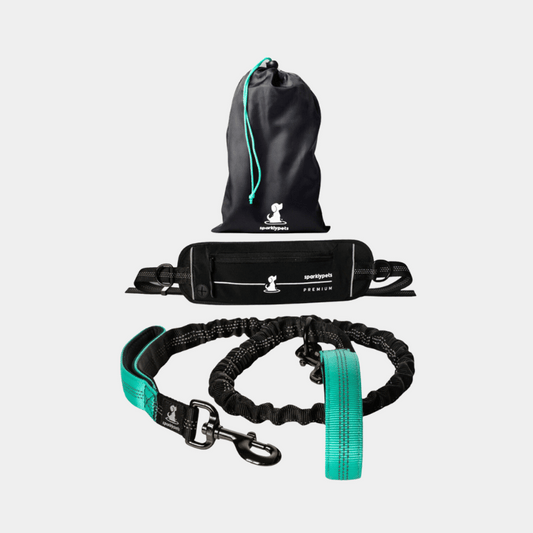Usually, when people decide to get a new dog, they consider either adopting or purchasing a specific breed. But how do you know what’s the best choice for you? Of course, adopting would be nice, and all dogs need love, but with each dog, there’s a set of questions you need to ask yourself and quite a few aspects to take into account. We’ll be exploring these options in this article so that you can make an informed decision when getting your next dog.
Purpose
So what should you consider when picking one or the other? Well, first things first, let’s think about what you are looking for in a dog. Do you want an athletic pup that can go on hikes with you? Or maybe you want a friendly companion for your kids. Maybe, you have a specific job for your dog to do, like guarding your home or herding your sheep.
The first thing you should think about is always the purpose you’re getting a dog. This can indicate a lot of things on what breed, if any, you should get.
For instance, shepherd breeds are perfect for herding your livestock, as the name implies. Hounds will help you on the hunt, while some breeds are instinctively more protective of their owners. You can think of Rottweilers, Dobermans, and other similar breeds here.
On the other hand, if you need a dog who’s friendly around children, or just need assistance for any reason, a golden retriever might be a good choice for you. And if you just want a friend, you might not even care about the breed at all.
As you can see, the answer to why you want to get a dog can heavily factor in on whether you should get a specific breed or a mixed breed dog. However, that’s not all you should take into account.
Health reasons
It’s common knowledge that pure breeds can have more medical problems than mixed breeds. Take pugs or bulldogs for example. Their face shape can cause a lot of respiratory issues that a mixed breed could avoid. And that’s just one of the most visible examples. In fact, pure breed dogs are more prone to genetic disorders than mixed breeds, according to a study.
The sad truth is that pure breeds are usually bred for their appearance, which means that their health can get overlooked on the breeder’s side. And unless you’re really sure you got your dog form a truly ethical breeder, you don’t know what you’ll get.
Before getting a specific breed, you may want to research potential health problems that are specific to them. This way, you can be aware of any potential trouble and get prepared for if the situation presents itself. You will also be able to better understand the financial planning involved in caring for a pure breed puppy, versus the mix.

Expenses
Every dog comes with a set of expenses for regular vet trips, grooming, accessories, and toys, but each dog is different. This means that each one, or rather each breed, Some breeds are more high maintenance, meaning they need regular grooming to maintain their coat, and that can cost you both time and money. On the other hand, mixed breeds are usually a gamble, since you don’t have a clear idea of what their needs are from the start.
Specific traits
Going back to the purpose argument, with pure-breed dogs, you’ll always know what to expect both behavior-wise (we’re talking major attributes, like, for instance, labradors’ gentle nature), grooming-wise (if you get a long-haired dog breed, you know what the implications are and how you should care for it), and health-wise (you are aware of major illnesses your dog’s specific breed can have and are taking steps to prevent or minimize damage).
Despite knowing the breeds your mixed breed dog is, you won’t be able to clearly foresee any of the above traits, as, in reality, it can go either way. Think of it this way: when you get a puppy, if it’s a labrador, you know an estimated size he’ll get to be as an adult dog. However, if your puppy is a mixed breed and you don’t have all the information on his heritage, you will only discover his size when he’s a fully developed adult.
All of this is to say that if you’re thinking of getting either a pure breed dog or a mutt, there are several factors to take into account, all of them factoring into the final decision. You should always consider all the ifs and whys before making a final decision on your dog. But in the end, the one thing that’s mandatory is to make sure you offer your dog a loving home, enough care and attention, a healthy environment, and a lifetime of friendship.







